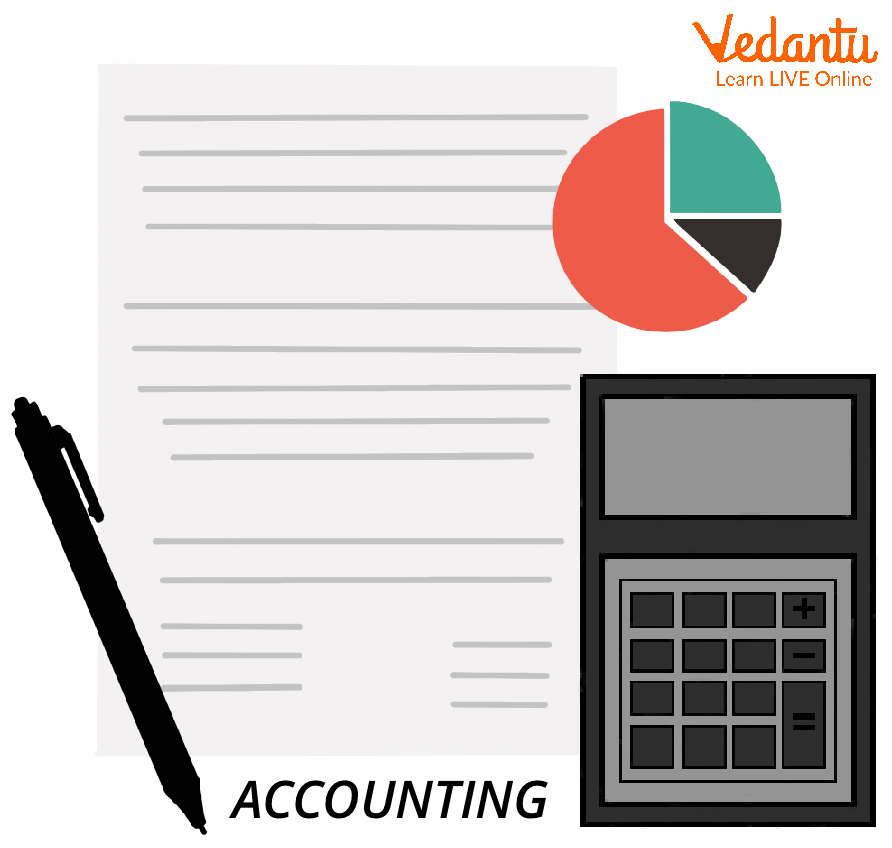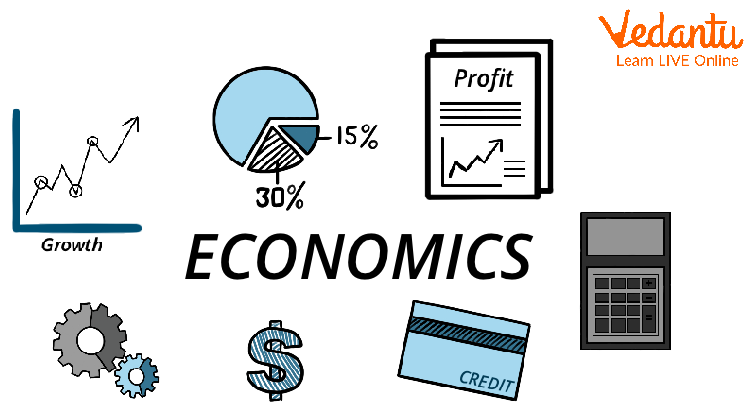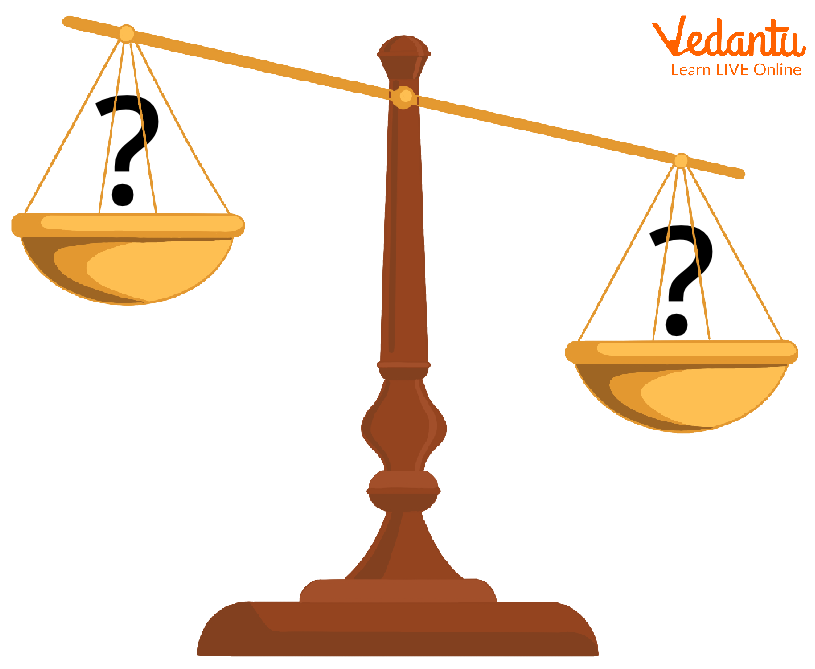




What is Accounting?
Accountants play a key role in the success of any corporation. Their responsibility is to monitor the organization's cash flow.

Defining Accounts
Budgets, costs, and revenues are recorded and evaluated in various ways, and the resulting information is used to create financial records. However, the accuracy of any proposed change or anticipated occurrence on a company's bottom line relies heavily on its efforts.
Books kept by accountants are records of a business or person's financial transactions over a certain period. Conformity with tax laws and reliable financial reporting to investors depend on GAAP accounting standards.
Relevance, timeliness, dependability, comparison, and consistency of data or reports are essential tenets of contemporary accounting. In addition, information may be shared easily since everyone uses the same globally recognised accounting standards.
Publicly traded companies, by way of example, adhere to such norms in their quarterly and yearly financial reports.
What is Economics?

Defining Economics
In its broadest sense, economics studies how society divides up its resources. Economists work outside the classroom to study and improve the production and distribution of commodities and services.
Governments rely heavily on economists to formulate economic policies and foresee new regulations' effects. They are in high demand in the business and financial sectors due to their ability to analyse and predict market movements. Generally speaking, there are two branches of economics:
When studying macroeconomics, one is primarily interested in how resources are dispersed over a more extensive system, such as a country. Inflation and productivity are only two examples of the various economic indicators monitored and analysed as part of this process.
The study of isolated economic actors, such as people or companies, constitutes microeconomics. It analyses how people's choices affect the overall balance of power.
Degrees in Accounting vs Economics: Differentiation

Difference between Accounts and Economics
Both degrees often begin at the same undergraduate level, with students taking courses like fundamentals of the relationship between accounting and finance that provide a solid basis for establishing a career in any profession. However, once students have completed their first year of undergraduate study, there may be a difference between accounting and economics.
Students pursuing an accounting degree will typically take classes in financial reporting, tax law, auditing, business ethics, statistics, financial accounting, and income tax accounting. To broaden their employment prospects, many students majoring in accounting choose to become Certified Public Accountants (CPAs) or Certified Management Accountants (CMAs). Acquiring a master's degree in accounting is also frequent among students who first majored in another area.
It will cover microeconomics, macroeconomics, economic development, environmental economics, and economic policy in the courses required for an economics degree.
Comparing Economics and Accounting

Showing similarity between Accounts and Economics
Both accountants and economists attempt to manage firms and other institutions like governments. Each group researches and plans for the future based on their findings in various financial reports. Both people make decisions that affect the company's finances and the economy, depending on their personal economic history, current market circumstances, and other factors.
To gain a career as either an accountant or economist demands a particular amount of schooling. A person in any profession should get a bachelor's degree from a college or university before commencing their career. However, people that hire economists typically search for applicants who have a master's level degree or better. Accountants may earn a master's degree if they wish to qualify for more advanced employment.
Accountants and economists need strong analytical, problem-solving, organisational, comprehensive, and interpersonal communication skills to effectively deliver their research findings to others.
Conclusion
Both departments are essential to the smooth operation of the companies. Businesses, industries, and governments all rely on the work of economists and accountants to chart a path forward that will lead to growth and longevity. Due to this, not only do commercial businesses rely heavily on these experts, but so do a wide variety of other groups, including governments, universities, and charities. The capacity to apply specialised knowledge, skills, and expertise to real-world circumstances is essential to delivering both of these professions' services.
FAQs on Relationship Between Accounting and Economics
1. What is the primary relationship between Accounting and Economics?
Accounting provides the raw financial data and information for a business entity, while Economics uses this data to analyse broader trends, make forecasts, and understand the economy as a whole. In essence, Accounting is the language of business, and Economics is the science of decision-making that often interprets this language. Accounting focuses on the micro-level (a single firm), whereas economics studies both microeconomic (firm behavior) and macroeconomic (national/global) phenomena.
2. How do economic theories influence accounting practices?
Economic theories significantly shape accounting principles and standards. For example, concepts like inflation and purchasing power have led to discussions and methods for inflation accounting. Similarly, economic theories of value influence the shift towards fair value accounting over historical cost. Economic events like recessions or booms also impact how companies report on their financial health and future prospects, influencing accounting estimates and disclosures.
3. What is the main difference between 'accounting profit' and 'economic profit'?
The primary difference lies in how costs are calculated.
- Accounting Profit is a firm's total revenue minus its explicit (monetary) costs. This is what is reported on a company's income statement. (Formula: Total Revenue - Explicit Costs).
- Economic Profit is the total revenue minus both explicit costs and implicit costs. Implicit costs represent the opportunity cost of using resources the firm already owns.
Therefore, economic profit provides a broader view of profitability by considering the "what if" scenarios of alternative resource use.
4. In what specific ways do economists use accounting data?
Economists rely on accounting data for several critical functions. Key uses include:
- National Income Accounting: Aggregated corporate profit data from accounting statements is a crucial component in calculating a country's Gross Domestic Product (GDP). For more on this, you can refer to notes on National Income Accounting.
- Policy Formulation: Governments use financial data from various sectors to formulate fiscal and monetary policies, such as taxation rules or interest rate adjustments.
- Analysing Firm Behaviour: Economists study financial statements to understand how firms make decisions about investment, pricing, and production.
- Industry Analysis: By comparing accounting data across firms, economists can analyse the financial health and competitive structure of an entire industry.
5. Why can Accounting be considered an application of Economics?
Accounting can be viewed as a practical application of economic principles. Economics provides the foundational theory about scarcity, resource allocation, and value. Accounting takes these theories and creates a systematic process to measure, record, and communicate economic events and transactions of a business. Without the underlying economic concepts of wealth and income, the practice of accounting would lack its core purpose and context.
6. How do the perspectives of an accountant and an economist differ when looking at a company's financial statements?
An accountant and an economist analyze financial statements with different goals:
- An Accountant's perspective is primarily internal and historical. They focus on ensuring the data is accurately recorded as per established standards (like GAAP or IFRS), verifying transactions, and preparing reports that reflect the company's past performance and current financial position.
- An Economist's perspective is external and forward-looking. They use the same statements to understand the firm's decision-making process, predict future behaviour, assess its efficiency in allocating resources, and gauge its impact on the wider economy. This is a core part of the Analysis of Financial Statements from a broader viewpoint.
7. What are some key similarities between Accounting and Economics?
Despite their differences, Accounting and Economics share common ground. Both disciplines are concerned with the efficient allocation of scarce resources. They both use financial or monetary values as a primary unit of measurement to analyse events. Furthermore, both fields provide crucial information for decision-making—accounting for business managers and investors, and economics for policymakers and society at large.
8. What are the limitations of using accounting data for macroeconomic analysis?
While useful, accounting data has several limitations for economists studying the macroeconomy:
- Historical Cost Principle: Assets are often recorded at their purchase price, which doesn't reflect their current market value or the effects of inflation.
- Subjectivity in Estimates: Different methods for depreciation or inventory valuation can lead to varying profit figures for similar companies, making comparison difficult.
- Exclusion of Non-Monetary Factors: Accounting ignores crucial non-monetary assets like brand reputation or employee morale, which have significant economic value.
- Focus on Firm, Not Society: Accounting measures costs and benefits for the individual firm, not for society (e.g., pollution is an external cost not typically on the income statement).























